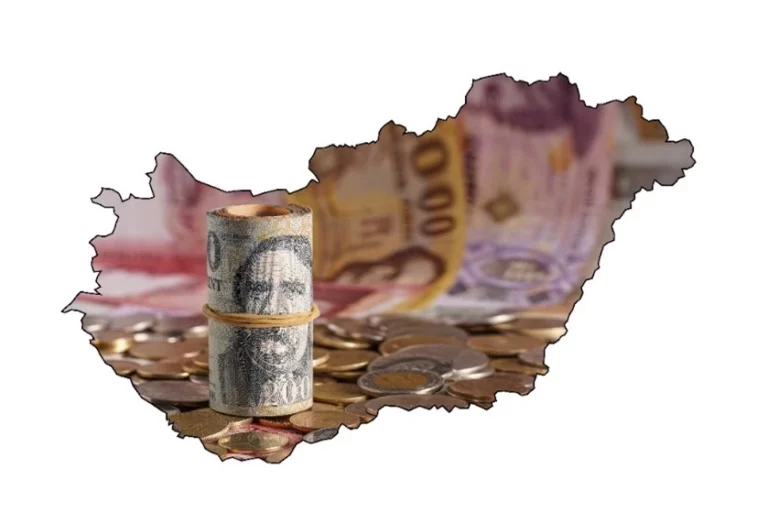Türkiye
After stormy landing in Ankara, Orbán praised Erdogan as champion of peace

Orbán: Erdogan opponent a ‘Soros man’, would have been a tragedy if he had won

PM Orbán made a surprising phone call
Prime Minister Viktor Orbán spoke with Recep Tayyip Erdogan, recently re-elected president of Türkiye, by phone on Wednesday evening, his...
Forint continues to strengthen: Sunday will be its black day?

Wizz Air launches new route to popular holiday destination

Ombudsmen of Turkic states meet in Hungary

Violent passenger causes Turkish plane to interrupt its flight in Budapest

Forint weakening may start today

PHOTOS: Hungarian construction companies help Türkiye earthquake victims

Hungary energy security impossible without Türkiye transit route, says minister

PHOTOS: Monument of Hungarian rescue dog Mancs inaugurated in Türkiye

New regular Wizz Air flight from Budapest to this tourist paradise

Hungarian President spoke to Erdogan about migration and the war in Ukraine

Interview with Turkish Ambassador Karanis on the Turkish-Hungarian relations and many more!

Hungary to contribute to Türkiye’s post-quake reconstruction

After Türkiye’s step the Nordic expansion of the NATO could depend on Hungary

Hungary will veto Sweden’s NATO bid with Türkiye?

Unclear when and whether Hungary will support Sweden’s NATO bid





 ZH
ZH IT
IT DE
DE HR
HR NL
NL FR
FR JA
JA RO
RO RU
RU ES
ES TR
TR
